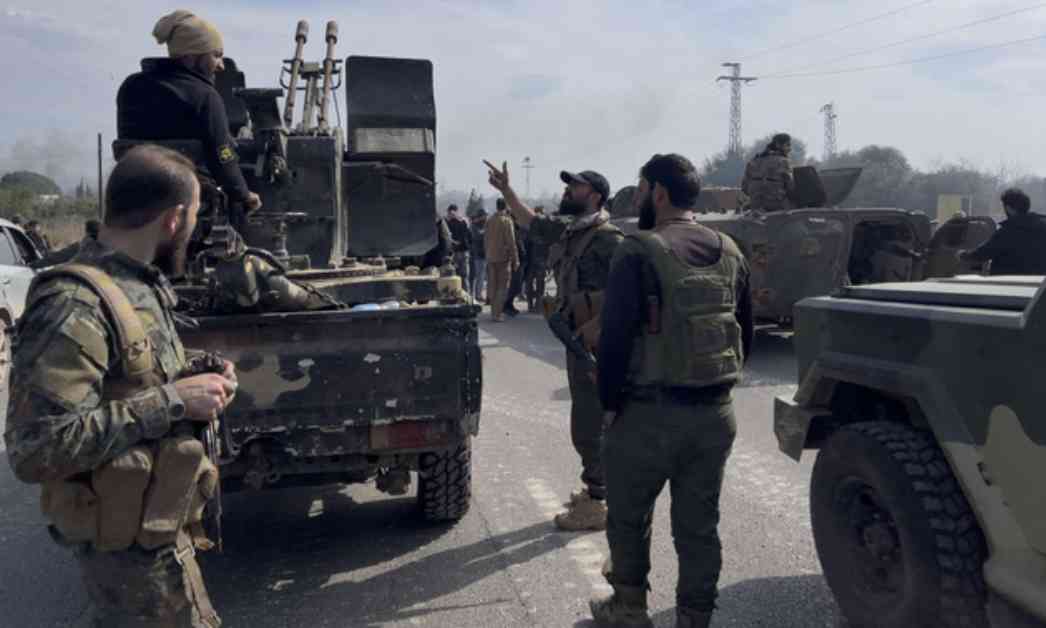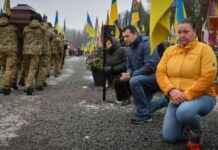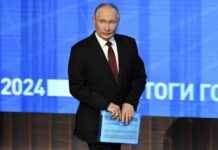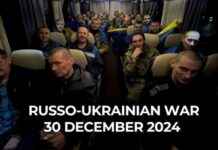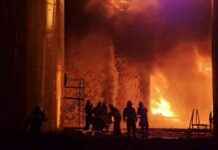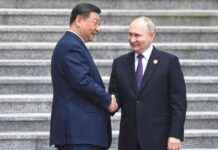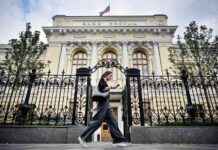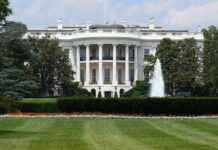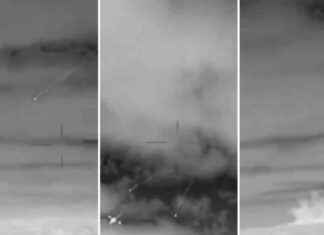Syria is currently embroiled in a deadly wave of violence, marking the most intense clashes since the installation of a new government just three months ago. The Syrian Observatory for Human Rights reports a staggering death toll of over 1,300 individuals in the coastal region, with a significant portion of the victims belonging to the Alawite minority, which includes the deposed dictator Bashar al-Assad. Accusations point towards government-affiliated security forces as the perpetrators of these atrocities, sparking grave concerns across Europe.
Challenges and Doubts Surrounding Syria’s Interim President
In the wake of these horrific events, the credibility and intentions of interim President Ahmed al-Sharaa have come under scrutiny. The Neue Zürcher Zeitung voices skepticism regarding Sharaa’s ability to fulfill his promises, highlighting the complex web of religious and ethnic tensions within Syria that threaten to unravel the fragile peace. The delay in implementing reforms and addressing the violence has led to a growing sense of distrust among Western nations, raising doubts about Sharaa’s commitment to unity and equality.
De Volkskrant issues a stark warning about the escalating internal conflict within Syria, cautioning against the potential for a new civil war if immediate action is not taken to curb the bloodshed. The specter of violent fundamentalist groups and regional powers seeking to destabilize the country looms large, underscoring the urgent need for Sharaa to quell the ethnic violence and establish a government of unity to prevent further chaos.
The Imperative of Law and Order in Post-Conflict Syria
Der Standard paints a grim picture of the aftermath of Assad’s regime, pointing to the predictable backlash from loyalists and external forces eager to see the new Syria fail. The assertion that a monopoly of power is essential to maintaining peace and preventing the disintegration of the state underscores the pressing need for the new authorities in Damascus to assert control and establish a framework of law and order.
The Spectator echoes this sentiment, emphasizing the critical role of civic peace in rebuilding a fractured nation. The specter of ongoing violence threatening to derail the country’s recovery serves as a stark reminder of the challenges that lie ahead, urging the new leadership to take decisive action to prevent further bloodshed and ensure stability in the region.
The Call for International Intervention
As the situation in Syria deteriorates, calls for urgent international intervention grow louder. Political scientist Nikolay Mitrokhin warns of a looming genocide, citing alarming videos and evidence of mass graves as harbingers of a potential humanitarian crisis. The plea for swift action from the global community underscores the gravity of the situation and the need for immediate measures to prevent further loss of life.
In conclusion, the escalating violence and deep-seated divisions within Syria present a formidable challenge for the new government and the international community. The imperative of swift and decisive action to halt the bloodshed, establish peace, and prevent a descent into civil war cannot be overstated. The fate of Syria hangs in the balance, with the world watching and hoping for a resolution to the crisis before it spirals further out of control.
